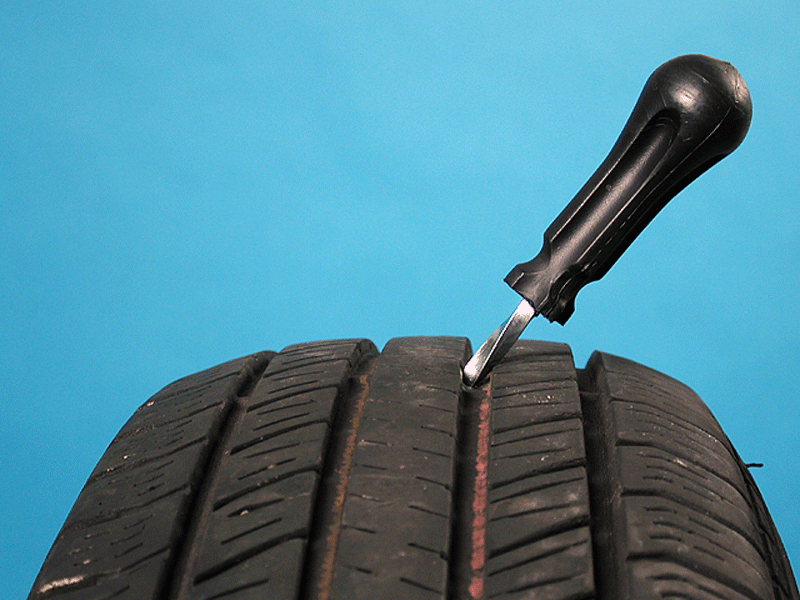The Ultimate Tire Repair Work Checklist for Safety and Savings
Keeping optimal tire problems is a fundamental aspect of making certain safety and security on the roadway and maximizing cost-efficiency in the lengthy run. From tire stress to tread deepness, each component plays a vital role in the overall performance of your automobile.
Importance of Tire Upkeep
Normal tire maintenance is critical for ensuring automobile safety and prolonging the lifespan of your tires. By effectively keeping your tires, you not just boost the overall performance of your automobile but additionally decrease the threat of mishaps brought on by tire-related issues. Tire pressure must be consistently checked and adapted to the maker's specifications to make sure optimum gas performance and traction when driving. In addition, rotating your tires at advised intervals advertises also step wear, leading to a much longer life expectancy for your tires and much better handling of your vehicle. Keeping track of the walk depth is additionally crucial, as damaged footsteps can cause decreased traction, particularly in damp or icy conditions.
In addition, routine tire inspections can aid identify possible problems such as slits, cuts, or protrudes, which if left unattended, might result in tire failing. morris tire. Correct positioning and harmonizing contribute to a smoother ride, boosted fuel performance, and prevention of irregular tire wear. In final thought, prioritizing tire upkeep not just ensures your safety and security on the road yet additionally conserves you money by prolonging the life of your tires and preventing expensive repair services or replacements
Monitoring Tire Stress
To examine tire stress, make use of a tire pressure scale to gauge the air stress in each tire, consisting of the extra. It is a good idea to examine tire stress when the tires are cool, as driving heats up the tires and enhances stress analyses. By maintaining proper tire pressure, you not just ensure your safety but also extend the lifespan of your tires and enhance fuel economic climate.
Inspecting Footstep Depth
To make certain ideal safety and performance of your vehicle, a critical aspect of tire maintenance involves assessing the step deepness routinely. The step on your tires plays a vital role in keeping grip when traveling, especially in damp or unsafe problems - morris tire service. Not enough tread deepness can bring about lowered hold, longer stopping ranges, and a boosted risk of hydroplaning
Most brand-new tires have a step deepness of around 10/32 to 11/32 of an inch. The minimal lawful step deepness restriction is 2/32 of an inch in most states, yet for boosted security, it is suggested to change tires before they reach this restriction.

Regularly checking your tread depth and changing tires when required will not just enhance your safety and security when traveling however also contribute to set you back savings by improving gas performance and extending the lifespan of your tires.
Identifying Tire Damages
Evaluating your tires for signs of damage is important for preserving road security and preventing possible dangers. Frequently inspecting for tire damage can help you address problems early and prevent much more comprehensive and costly repair work down the line. When checking your tires, keep an eye out for cuts, punctures, bulges, splits, and any other abnormalities on the tread or sidewall. These can suggest potential powerlessness that might result in a blowout or loss their explanation of control while driving.

Extending Tire Life Expectancy
To extend the life-span of your tires, beginning by ensuring they are correctly inflated according to the supplier's suggestions. Additionally, rotate your tires consistently to advertise even tread wear. Consistently check your tires for indications of damage, leaks, or uneven wear, visit this page and address any kind of problems promptly to protect against additional damage.

Final Thought
Finally, routine tire upkeep is critical for making sure safety and conserving money in the long run. By examining tire stress, examining step deepness, determining tire damages, and prolonging tire lifespan, vehicle drivers can avoid accidents and pricey repair work. Prioritizing tire upkeep is a basic yet effective method to stay secure on the road and stay clear of unnecessary costs.